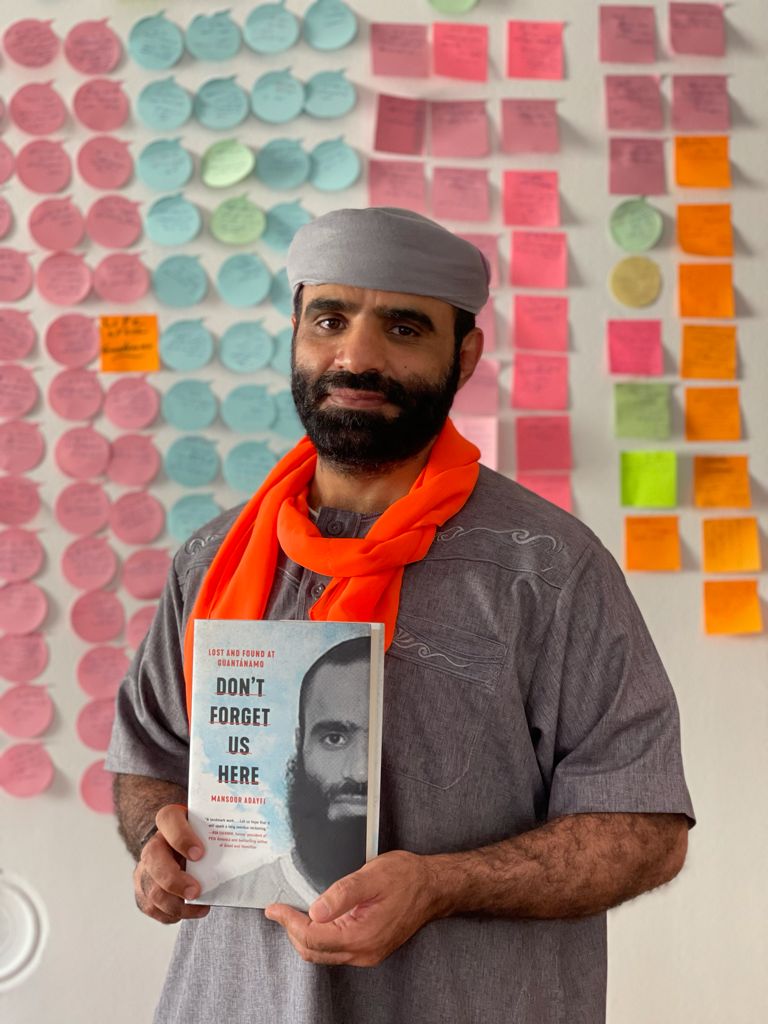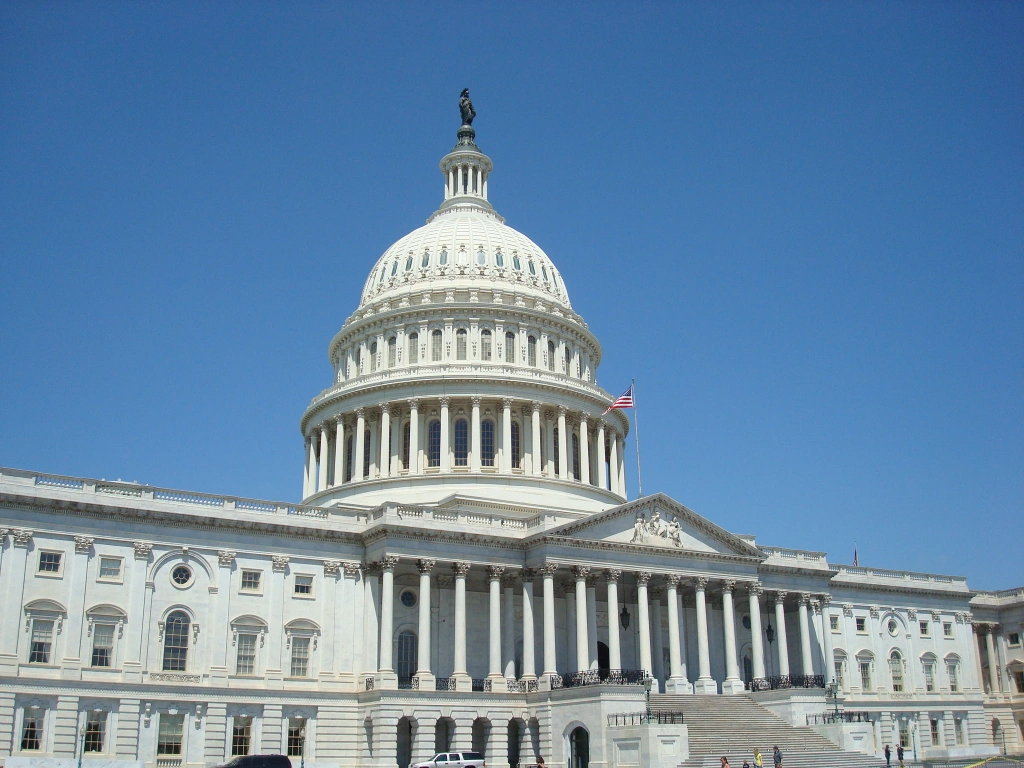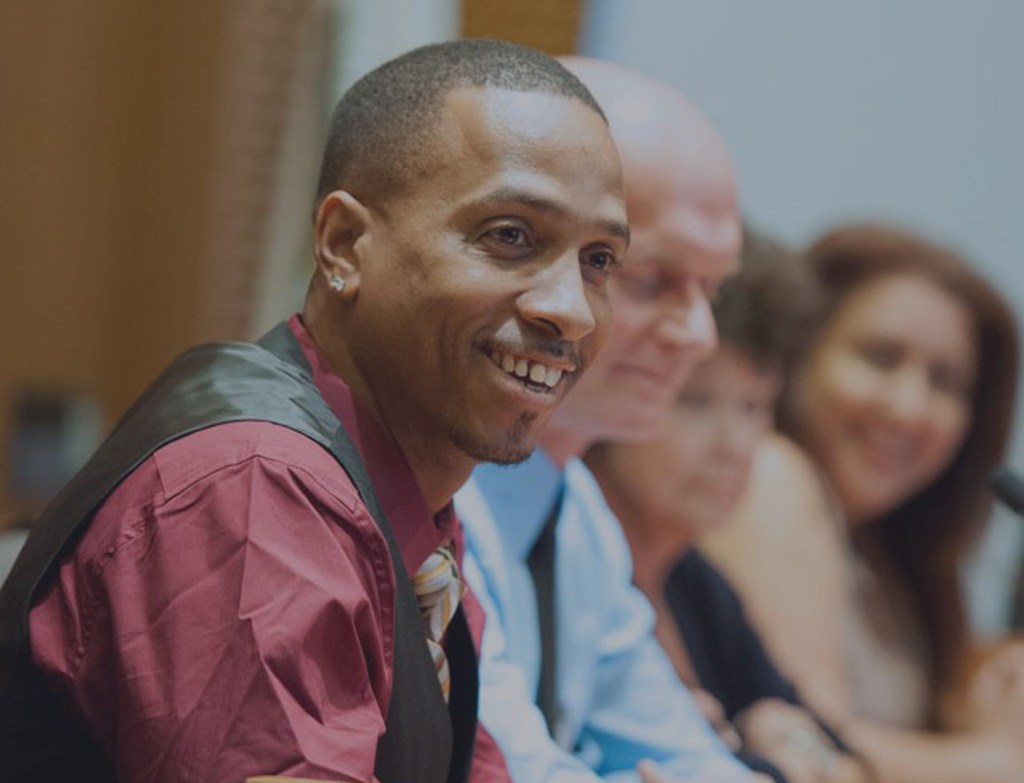
By Laura Schroeder
As violence continues in Ukraine following Russia’s invasion, more light has been shed on Russia’s presence across the globe over the past decade. In Latin America, Russian efforts to expand its influence to challenge the hegemonic power of the United States have revealed a decades-long reassessment of its strategic interactions in the region. After the Soviet Union’s withdrawal from Latin America in the 1990s, Russia has gradually been reengaging with the region, from rekindling former political ties to investing in new partnerships to deftly employing soft power.




